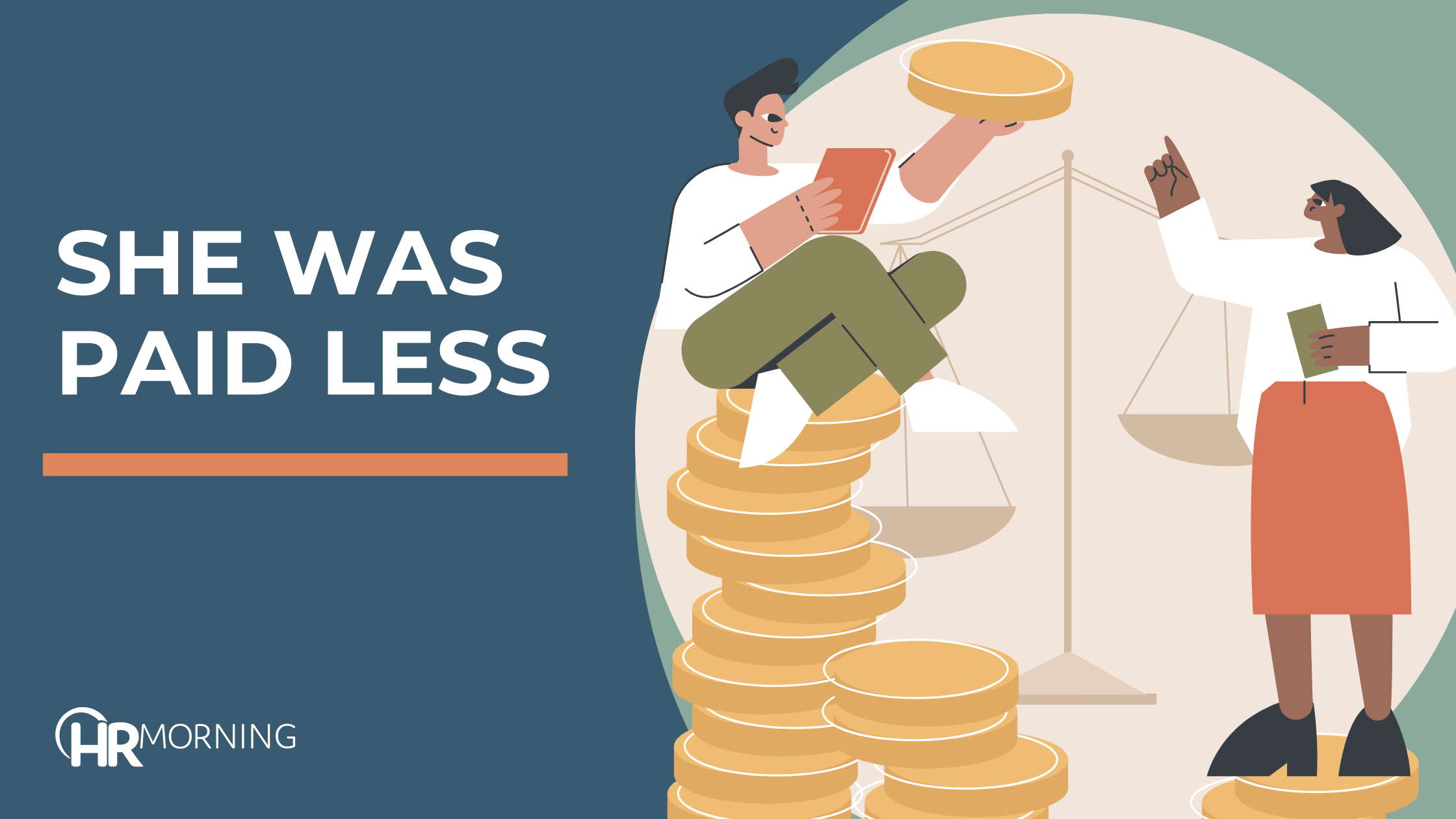Sometimes, a person of one sex may be paid less than a person of the other sex in the same job for reasons that have nothing to do with gender. That means that such a difference isn’t always proof of unlawful gender bias.
A new ruling from Iowa’s highest court drove home the point clearly, erasing a jury verdict for a female employee and ordering that judgment be entered against her.
Sandra Seldon began working for Des Moines Area Community College in 2013. She was hired as an Application Support Specialist, which is an IT position, at an annual salary of $70,000.
Seldon received regular raises, and by 2019 her salary had reached $82,292.
When Seldon learned that a male employee who held the same position was paid $108,681 that year, she spoke to her boss about her perceived lack of pay equity.
The college’s employment director told her that the male was paid more because he had 15 years more seniority than she did, adding that he probably started at a higher salary than she did because of his strong prior background in the field.
He was hired later
When the male was hired in 1998, he was paid a starting salary of $46,000. That was right about in the middle of the posted range for the position at the time.
After Seldon raised her pay equity concerns, her boss retired. Seldon applied for the promotion, but the position went to someone else.
Seldon sued the college, filing state-law claims that she was denied equal wages for equal work and was denied the promotion because she complained internally of gender bias. She also sought damages for alleged emotional distress.
She was paid less
At trial, she argued that the college discriminated against her by starting her at a relatively lower salary within the initial pay range than it did for the male.
In other words, she said the college unlawfully started her closer to the lower end of the initial salary range when she was hired.
The college’s lawyer told the jury there was no unlawful discrimination because the difference in pay was based on factors other than age: namely, the male’s longer tenure, his superior prior experience, and the need to hire him at a relatively higher salary based on market conditions at the time.
A jury ruled for Seldon, awarding her about $1.37 million in damages. The trial court tacked on nearly $218,000 in attorneys’ fees.
Poof!
The jury’s award disappeared after the state’s highest court delivered its opinion on appeal.
The reviewing court decided that the trial court should have taken the case out of the jury’s hands and granted the college a directed verdict.
Though it was undisputed that Selden was paid less than the male for doing the same job, the court said, the difference in starting salaries within the range for the job did not show unlawful gender bias.
Market conditions were different when the male was hired in 1998, it said. At that time, it was a seller’s market as companies had widespread concerns about how Y2K might affect their computer systems. Also, the male had more relevant experience at the time of hiring. On top of that, a gender-neutral seniority system accounted for a large part of the difference in pay. In sum, the court found that the pay difference resulted from nondiscriminatory factors, even though the two employees did the same job.
“Economic conditions can be a valid justification for starting employees at different rates at different times,” the court advised.
Decision for employer
The court reversed the lower court’s decision and remanded the case for entry of judgment in favor of the employer.
Although this case was filed under state law, the court’s decision noted that the state law is similar to the federal Equal Pay Act. Even though the case was decided under Iowa law, its logic would apply had the case been filed under federal law – meaning its message is important for employers nationwide.
Selden v. Des Moines Area Community College, No. 22-1291 (Iowa 2/2/24).


